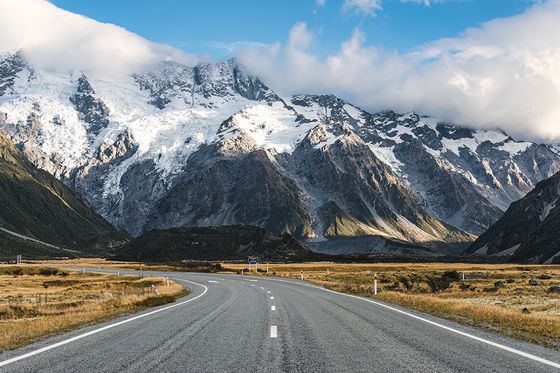New Zealand tours
Ever wonder what it’s like to wake up where glaciers, beaches, and vineyards share the same island? That’s New Zealand. Cruise Milford Sound’s misty fjords, sip wine in Marlborough, and soak in Rotorua’s hot springs. Explore Auckland and Queenstown, hear Maori legends, and maybe even spot a penguin near Christchurch.

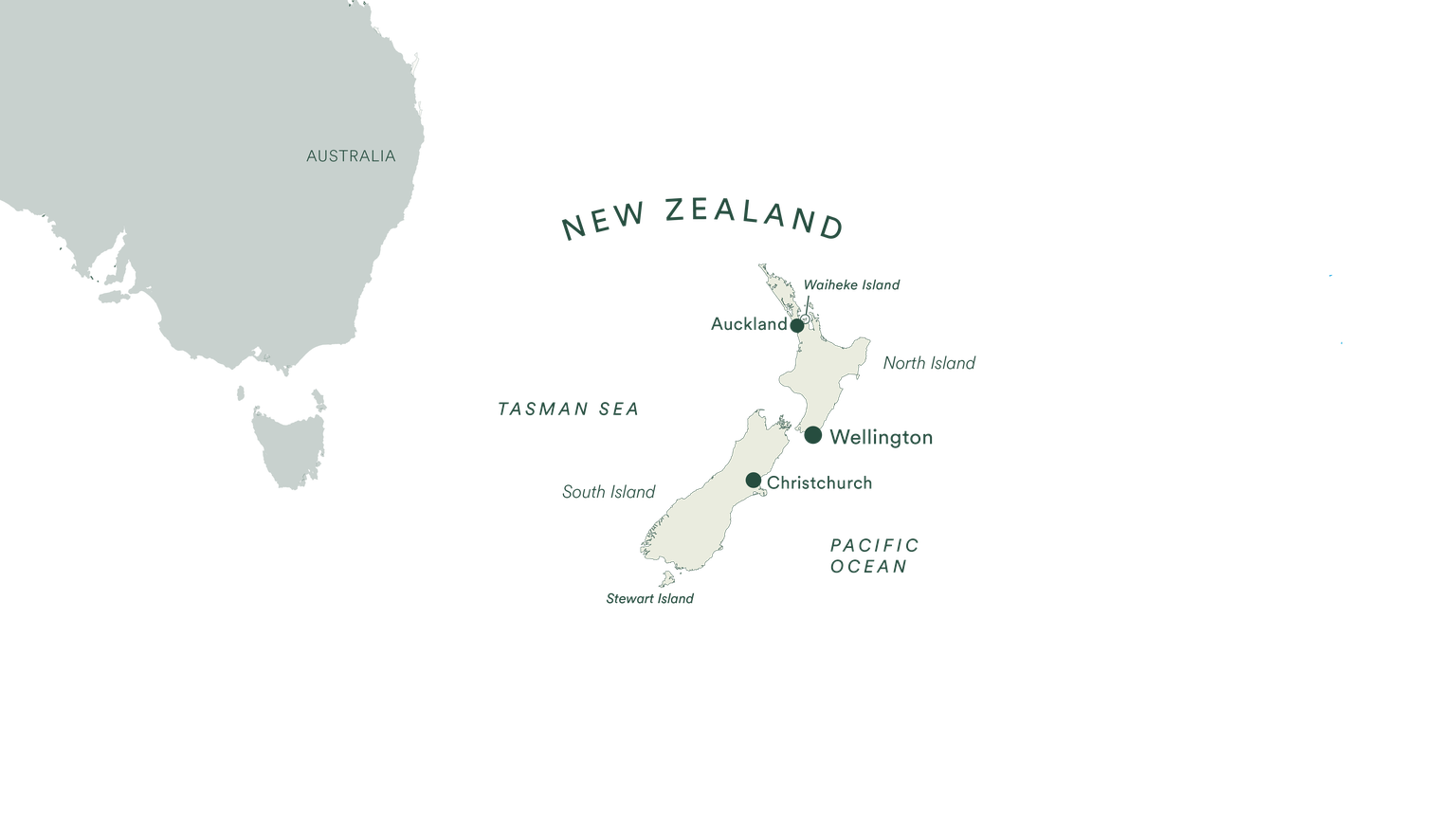
What to know before you go
POPULATION
New Zealand is made up of two main islands—aptly named the North Island and South Island—plus hundreds of smaller islands scattered across the South Pacific. Of the country’s nearly 5 million residents, about a third live in and around Auckland.
CAPITAL
In Wellington, cafe culture meets creative energy. This compact, harborside capital—nicknamed Windy Welly—is home to a vibrant arts scene, a booming film industry, and a laid-back vibe that’s uniquely Kiwi.
CULTURAL QUICK TAKE
New Zealand’s rich cultural identity blends European influences with deep Maori roots that shape language, customs, and everyday life. The Maori concept of manaakitanga—hospitality and respect—is central to local culture, and visitors are warmly welcomed. You’ll see traditional carvings, hear the lilting sounds of te reo (the indigenous language of New Zealand), and feel the enduring spirit of Aotearoa, the Land of the Long White Cloud.
WHAT TO GO FOR
The country’s landscapes are the stuff of legend, from emerald fjords and volcanic plateaus to golden beaches and glacier-carved valleys. On a New Zealand tour, you can cruise past towering waterfalls in Milford Sound, sip sauvignon blanc in sunny vineyards, and gain a deeper appreciation of Maori traditions.
UNIQUE EXPERIENCES ON TOUR
Get ready for unforgettable experiences across New Zealand, from paddling a traditional Maori canoe to tasting fresh-pressed olive oil and local wines on Waiheke Island. Spot native wildlife up close at a kiwi sanctuary, then ride high above Auckland for dinner with panoramic views.

New Zealand: Untamed Landscapes
Journey through one of the world’s most splendidly diverse landscapes on this immersive Small Group Tour. You’ll cruise through the majestic fjords of Milford Sound, ascend the peaks of the Southern Alps, and wander among sun-dappled forests and sparkling bays. Along the way, you’ll experience warm Kiwi hospitality, enjoy a wine tasting in Marlborough, and connect with Maori traditions in a cultural village. This is your chance to uncover Aotearoa’s beauty, one take-your-breath-away moment at a time.
Plan your New Zealand tour with help from the experts (that’s us!)
You could wait for inspiration to strike—or find some with our tried-and-true travel advice, sightseeing tips, and more.
The New Zealand Travel Guide
Read up on our expert tips for the best times to visit; what to pack (a rain jacket is always a good idea); and what to snack on, sip, and bring home.
9 Reasons to visit New Zealand
Astonishing scenery worthy of epic film franchises like “Lord of the Rings” beckons visitors, but there’s so much more to discover.
Signature experiences for your memory vault. Why don’t you...
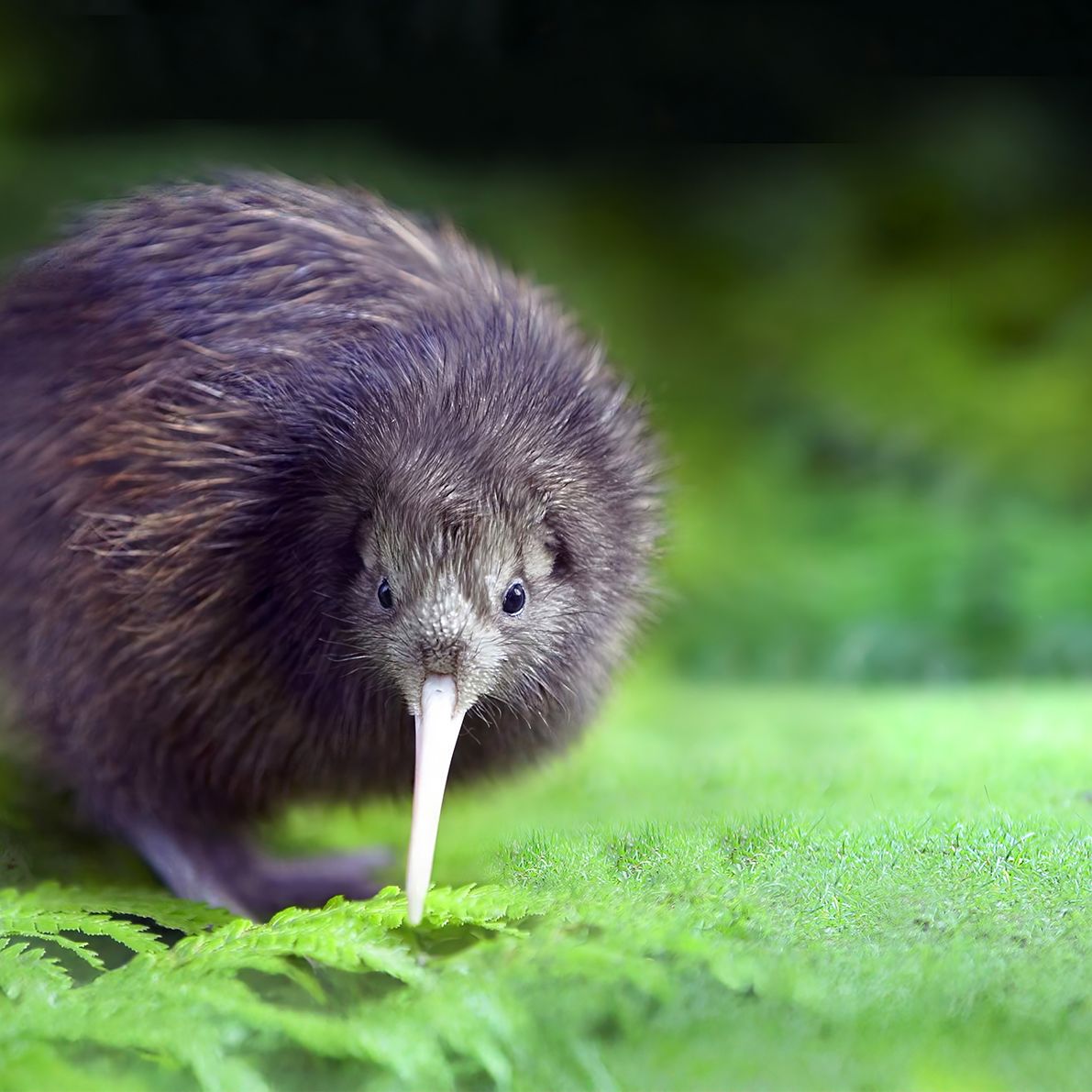
Get up close and personal with wildlife
Visit Queenstown Kiwi Park, a sanctuary caring for native species. Step inside the nocturnal habitat to see the elusive kiwi, then finish with a tour along trails alive with warblers, falcons, and fantails. Try it on our New Zealand: Untamed Landscapes tour.
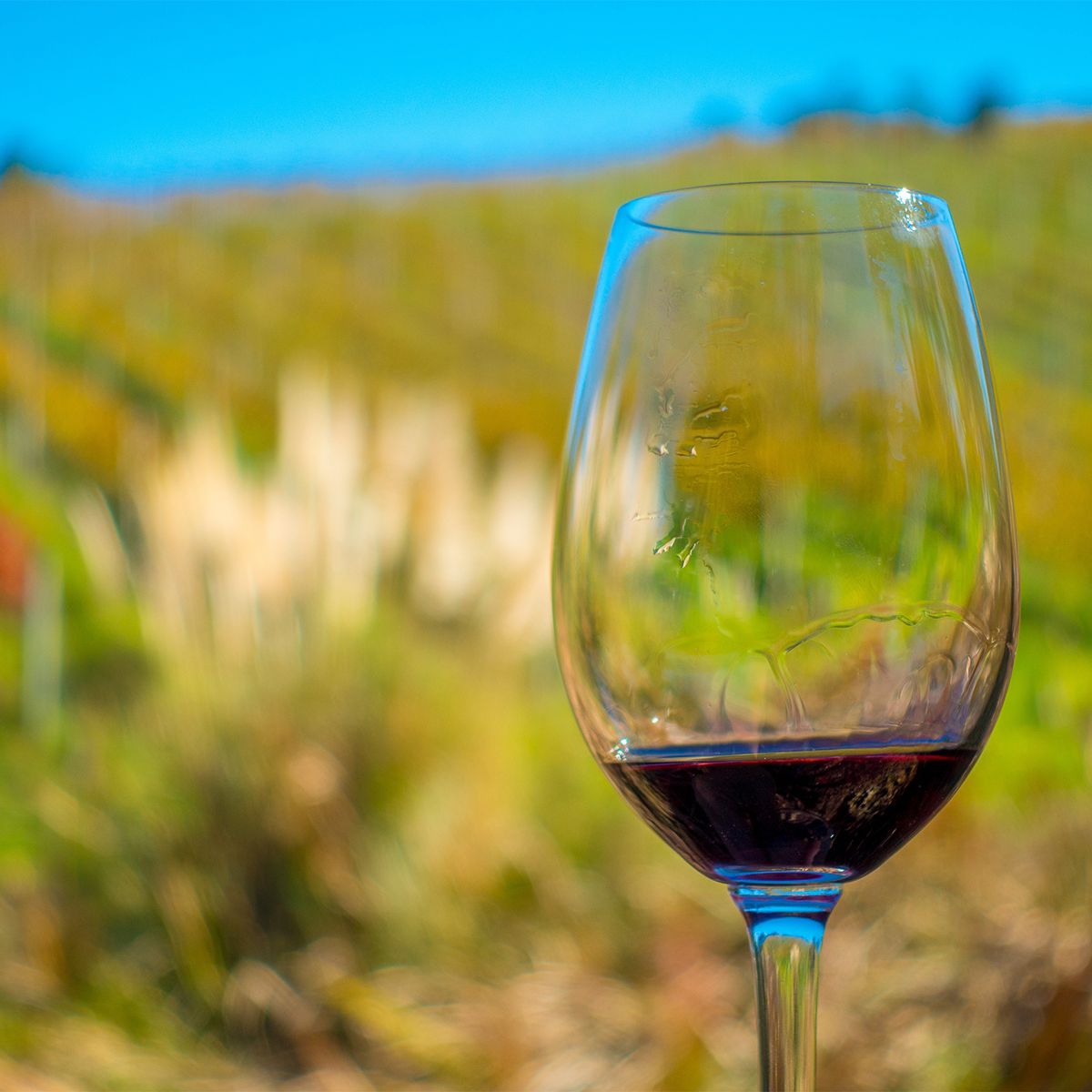
Sample olive oil and wine on Waiheke Island
Cruise across Waitemata Harbour to visit an award-winning olive oil mill (with a tasting, of course!), then continue to a boutique vineyard to sip a selection of local vintages paired with light snacks. Try it on our Australia & New Zealand tour.
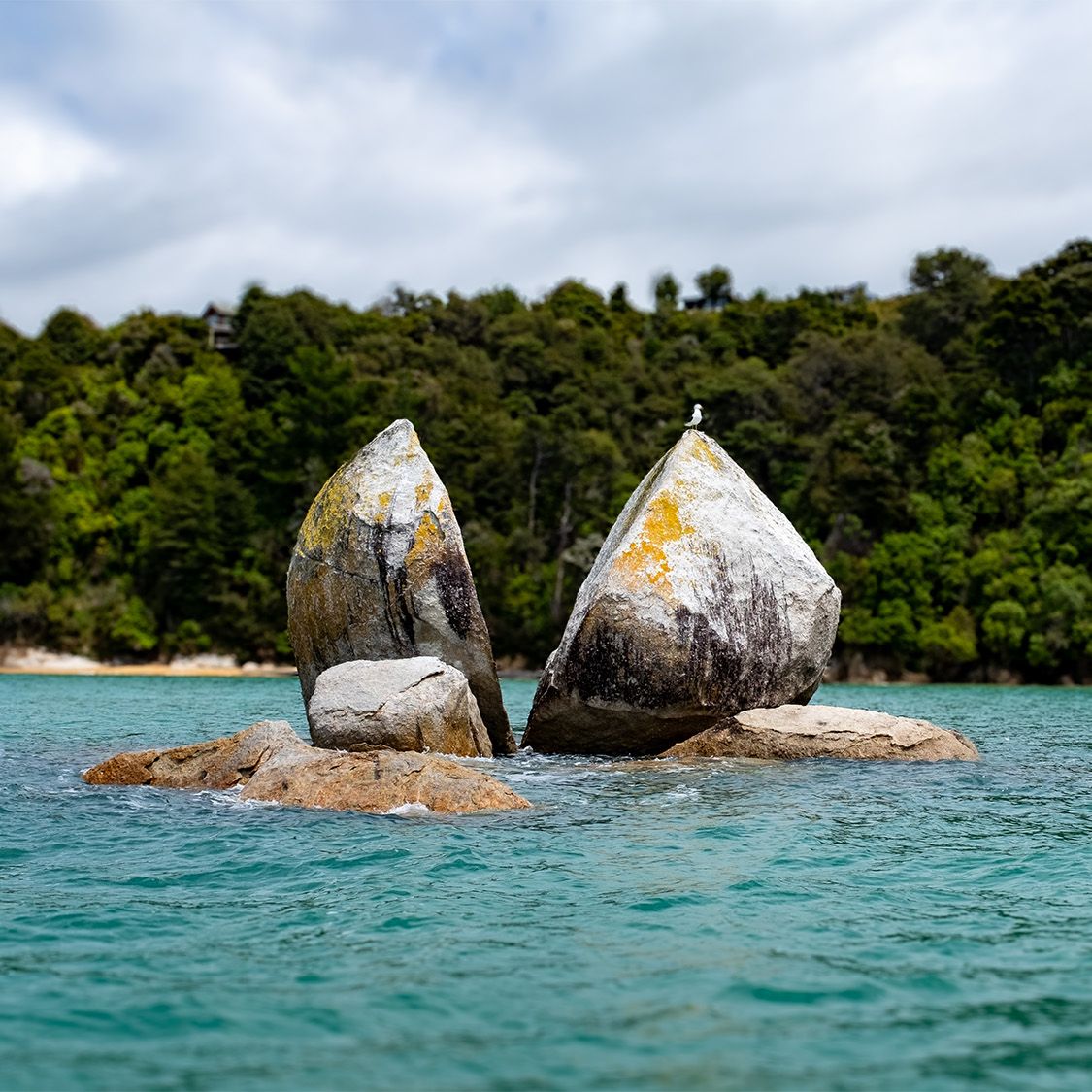
Row to Split Apple Rock in a waka
Hop into a traditional Maori canoe to explore Abel Tasman National Park’s coastline. Learn the tikanga, or etiquette, of paddling and receive a karakia, or blessing, before you set off. Try it on our New Zealand: Untamed Landscapes tour.
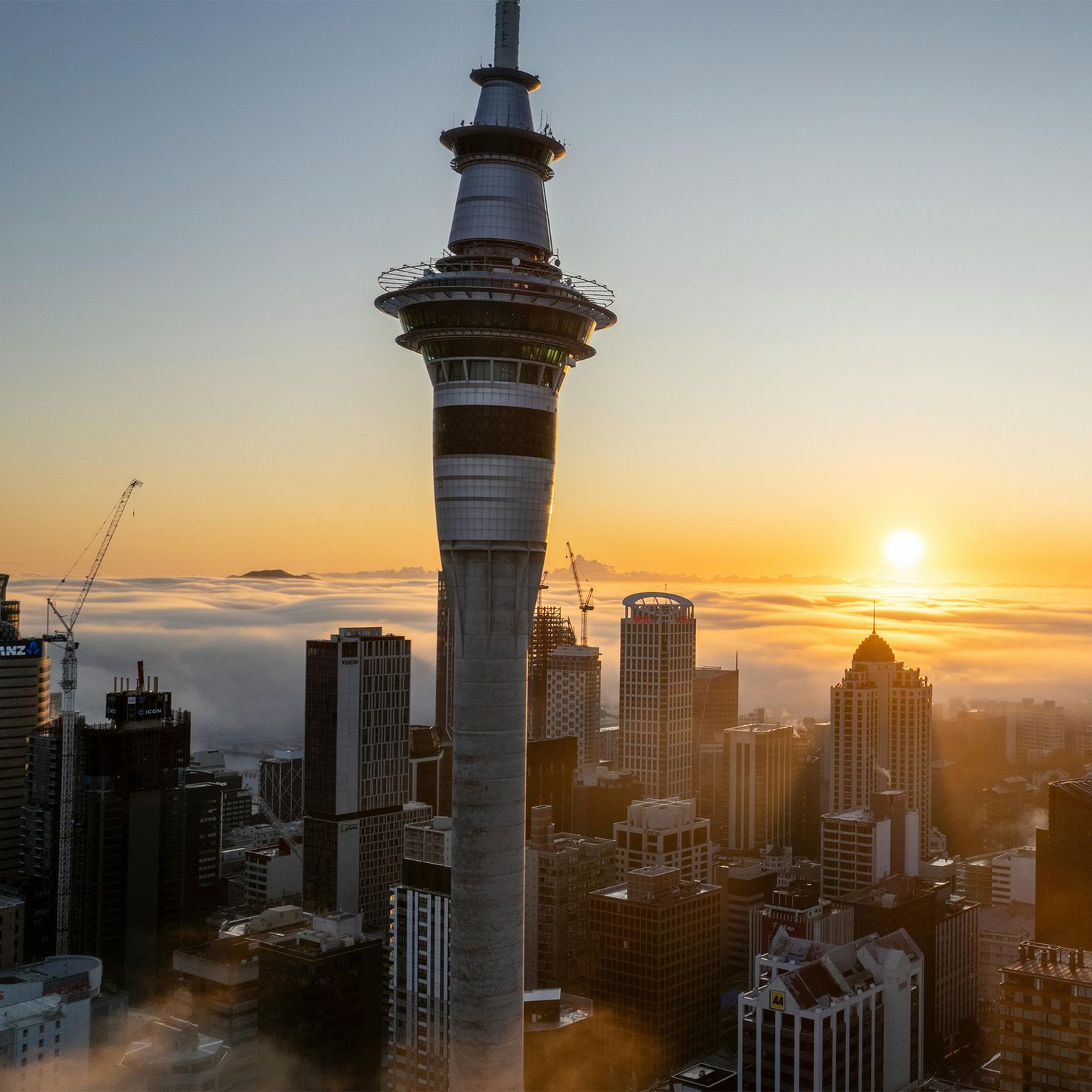
Dine high above Auckland’s skyline
Ride to the 52nd floor of the Sky Tower for dinner at a revolving restaurant with sweeping 360-degree views of the city, Rangitoto Island, and Mount Wellington. Try it on our Highlights of Australia & New Zealand tour.
Did our New Zealand tours spark your wanderlust?
If you’re looking for a tour that combines modern cities, soulful journeys, and otherworldly nature, check out our trips to Oceania, Bali, and Southeast Asia.


